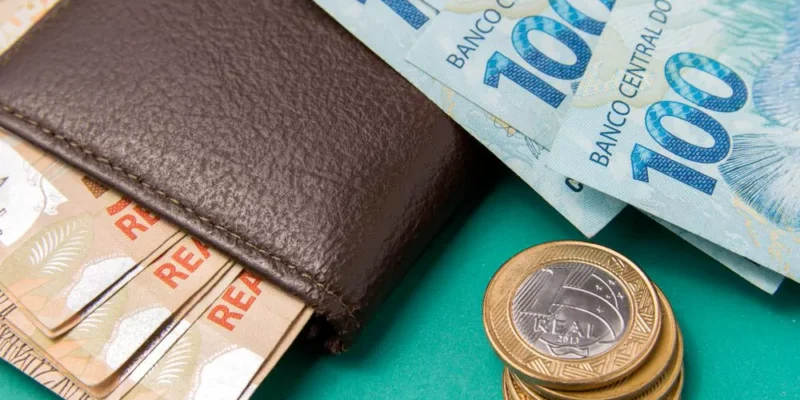Source: https://digitalmoneyinforme.com.br/
A c took over the global economic scene and debate in 2021. While on the one hand there has been a recovery from the economic collapse of 2020 caused by the Covid-19 pandemic - based on expansionary fiscal and monetary policies - on the other, inflation has made a strong comeback, caused mainly by the side effects of these same measures, sprinkled with supply shocks in certain production chains, a water crisis and rising energy costs.
Even in the face of significant economic imbalances, credit advanced in 2021, including here in Brazil. According to data from Central Bank of Brazill, the National Financial System's consolidated credit portfolio rose 16% in October 21, compared to the same period last year. On the same basis of comparison, credit to companies rose by 11.4%, while credit to households expanded by 19.7%.
Some lines of credit made significant progress. In the case of companies, the highlights were the discounting of trade bills and receivables (58.8%), the advance payment of credit card bills (45.8%) and the purchase of vehicles (47.7%). As for credit to families, the highlights were personal loans (39.1%), credit cards (27.9%), rural credit (31.2%) and microcredit operations (38.7%).
The expansion of credit took place despite the Central Bank's actions in starting a process of sequential increases in the basic interest rate to combat inflation. As this process happened gradually, starting from a historically low Selic rate, and defaults by companies and consumers remained relatively controlled, there were almost no obstacles to credit expanding in 2021.
The tendency, however, is for this picture to change in 2022, which is already starting with a much higher interest rate than the one recorded at the beginning of last year. In addition, this higher level should be in force over the next year, in order to stimulate the process of disinflation in the Brazilian economy.
Lastly, and just as importantly, defaults, which have remained well behaved, are expected to rise in 2022, driven by the damage that inflation is causing to people's ability to pay. All this is accompanied by the traditional uncertainties brought on by the presidential elections.
Therefore, credit is not expected to grow above 10% in 2022, as has been the case in recent years. Our expectation is for credit to expand by around 7%, driven mainly by shorter, unsecured lines of credit (overdraft, non-consolidated personal loans, credit card revolving and installment loans, etc.).
Longer lines linked to consumption, asset building and investments will be more restrained, either because of the impact of interest rates and the decline in business and consumer confidence, or because of the low dynamism expected for the Brazilian economy in 2022.
In this context, it is up to the credit market players to work on efficiency gains rather than expanding volumes, incorporating a series of technological and institutional innovations, such as the expansion of the Positive data, Open Banking, Open FinanceFintechs, Blockchain and others, as well as preparing for a new period of credit expansion.
This could happen as soon as the electoral process is concluded next year, if the new government manages to signal that it will maintain the good fundamentals of macroeconomic management, as well as resuming and moving forward with the reform agenda that the country so desperately needs.
Thanks for reading! Access other content at ANBC website.
President of ANBC - National Association of Credit Bureaus. Representative of Latin America in the World Bank Credit Committee. He also represents Brazil and Latin America in credit organisations accross the world, such as ACCIS, BIIA and ALACRED.




